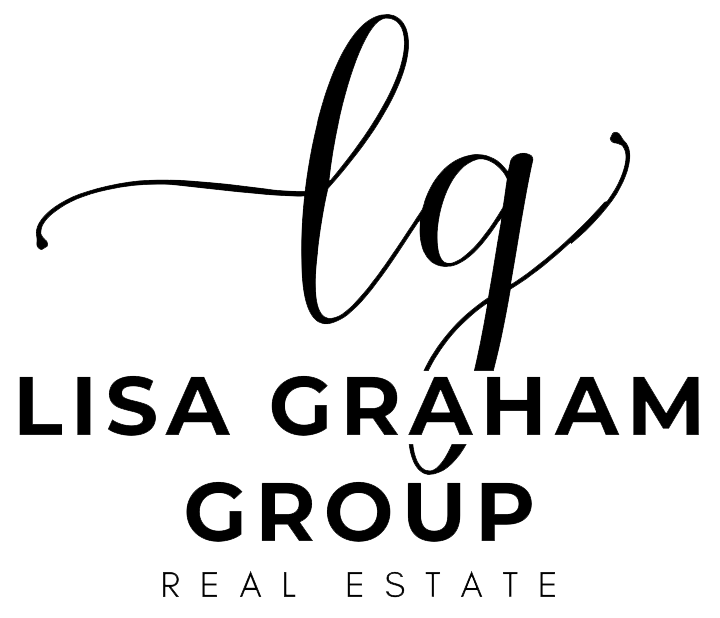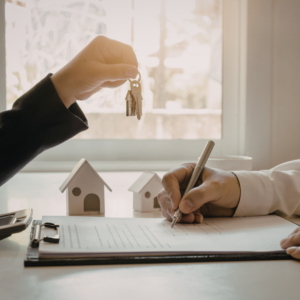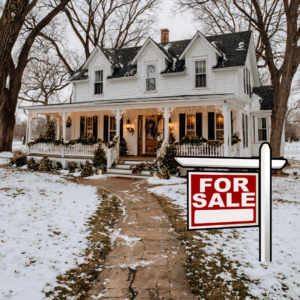When it’s time to sell your home, it’s natural to want the best possible price. After all, you’ve likely invested time, energy, and love into maintaining and improving your property. But setting the price too high—hoping to “test the market” or leave room for negotiation—can actually hurt your sale in ways many homeowners don’t expect.
I’ve had several sellers who wanted to price high and “see what happens.” This only led to the home sitting on the market, price reductions, and disappointment. There are many reasons why overpricing negatively affects your home sale. Let’s take a look at the main reasons why.
1. Your Home Loses Momentum Early On
The first few weeks after a listing goes live are critical. That’s when your home is freshest and most visible to active buyers. If it’s priced too high, serious buyers may skip right past it in their online searches. By the time you lower the price, much of that initial excitement has faded, and your listing can start to look “stale.”
2. Fewer Showings, Fewer Offers
Buyers today are savvy. They compare listings, analyze market data, and work closely with agents who know local comps. If your home is priced above similar properties, it may be viewed as unrealistic, resulting in fewer showings and even fewer offers. In some cases, buyers might assume you’re not serious about selling and wait to see if the price drops.
3. You Help Other Homes Sell
When buyers tour multiple homes, they compare features, condition, and price. An overpriced home can unintentionally make competing listings look like better deals. You might end up helping your neighbor’s home sell faster while yours sits on the market.
4. Appraisal Issues Can Derail the Sale
Even if you find a buyer willing to pay your asking price, their lender will require an appraisal. If the home doesn’t appraise for that amount, the buyer may not be able to secure financing, forcing you to renegotiate or risk losing the deal altogether.
5. Price Reductions Signal Weakness
When a home’s price is reduced multiple times, buyers start to wonder, “What’s wrong with it?” Even if the only issue was overpricing, the perception of value drops. A home that might have sold quickly at a fair price can end up selling for less after months on the market.
6. Time on the Market Costs You
The longer a home sits, the more carrying costs add up—mortgage payments, utilities, maintenance, taxes, and insurance. And if you’ve already purchased another home, those costs can double. In the long run, overpricing can cost you much more than you hoped to gain.
7. You May Miss Qualified Buyers Altogether
Many buyers search within specific price ranges online. If your home is priced even slightly above where it should be, it might not appear in their search results at all. A $399,000 home, for example, may be seen by far more buyers than one priced at $405,000, simply because of how search filters work.
8. Negotiations Become Harder
When a property starts out overpriced, even once you reduce it, buyers often assume you’ll be flexible, or even desperate, to make a deal. That can lead to lower offers and tougher negotiations later. Pricing correctly from the start gives you stronger footing and helps maintain buyer confidence.
The bottom line? Pricing your home correctly from the start is one of the most important decisions you’ll make. A strategic, data-driven price helps your listing stand out, attract more qualified buyers, and generate stronger offers.
If you’re thinking of selling, let’s talk about what’s happening in your neighborhood and how to position your home for the best results. Contact me for a free consultation.







